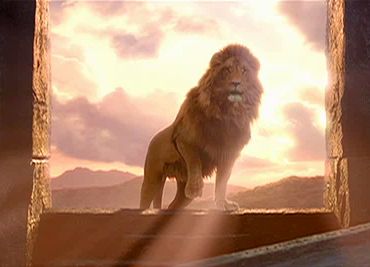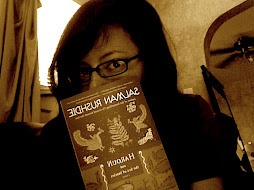
(pg. 1) First impression as I start reading What is the What is the format of the sentences. I wonder about the reasoning behind the staccato sentences and broken English. I suppose it reflects how he would speak English if he was talking out loud. He also doesn't use conjunctions like "don't" or "I'd." He speaks properly. He speaks properly yet has broken English, if that makes sense.
(pg. 4) Makes me think of other immigrants who come to America and it turns out the US isn't that much better than where they came from. It's actually pretty sad. Yes, America does have more freedom and privileges than other countries, yet us Americans can just about ruin it for everyone. Like how the protagonist in What is the What is getting robbed. When there was a tidal wave of immigrants from Ireland who wanted a new life and basically food, they got bad conditions and unemployment. A complete let down to immigrants and their dreams.

Lets not even try to put that softly!
(pg. 4) It's just sad when he'd rather be in Kakuma, where he "lived in a hut of plastic and sandbags and owned one pair of pants." (Eggers 4), then be in America where you live in acceptable shelters and can own an infinite amount of pants in various materials and styles. What does that say about us? Or perhaps people just expect too much out of us as a country. We may be the country of freedom, but we're still human beings. And we all know human beings are destined to screw things up. Not to be Johnny Raincloud or anything. It's the just the truth.
(pg. 5) So all of his valuables he got from "the Peachtree United Methodist Church. (Eggers 5) Well that gives me some hope for our country. He said these charity items give him "a strange but genuine physical expression of gratitude." (Eggers 5) How hopeful! Then again, the robbers are stealing all these valuables, so maybe not.

(pg. 6) When he flashes back to when he was running for his life in Sudan, reading all the graphic imagery of violence, it reminds me of another heartbreaking book, The Things They Carried by Tim O'Brien. That book, which recounts the trail of a platoon of soldiers during the Vietnam War, gives me the same heart-wrenching pain I always get when I read of terrible, unfair deaths.
(pg. 7) How could on person go through all that? The lions, all the dying and suffering. Shouldn't there be a higher being who brings justice or peace into these African countries? A better question- Why does he say he wants to go back? Getting robbed isn't as bad as getting mauled and eaten by a lion. Unless that lion is Aslan.

(pg. 12) Is it a mere coincidence that the Latino man, Edgardo, is the one talking with the police officer when there are white folks who live in the same building and are drug dealers? Now who knows if Edgardo has done something to get himself in trouble, but it seems in our society that we assume the non-white people are always the troublemakers. Which isn't always the case.
(pg. 14) It's good to hear Valentino got to join the Catholic faith relatively easy in his country. I'm not sure if there is religious persecution in Sudan. Well, they have enough violence there as it is anyway.
(pg. 14) Did he receive the Christian name Valentino because the priest, Father Matong, became ordained by Italian missionaries? It's a pretty sweet name. I wonder if we ever learn Valentino's original name.



No comments:
Post a Comment